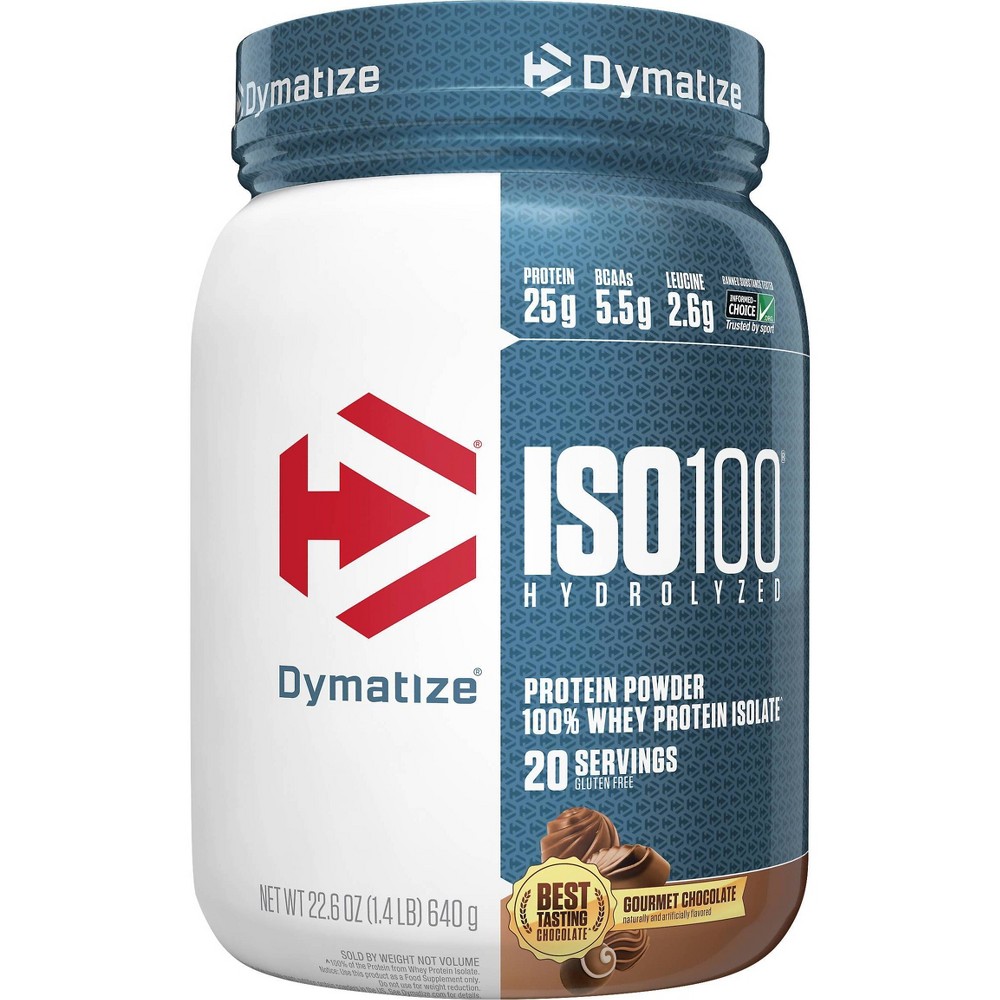[ad_1]
Green powders are a health trend that never seems to go away. These powders claim to supplement and even replace your daily intake of fruits and vegetables, but is this really the case?
Here’s what green powders can and can’t do for you, straight from a registered dietitian.
What are green powders?

Green powders are powders made from a mixture of green vegetables, fruits, and herbs that are dried and ground into a fine powder. These powders are designed to be mixed with water or other beverages, making them a convenient and easy way to supplement your diet.
“Some vegetable powders also contain added vitamins, minerals, prebiotics or probiotics,” said Marie Spano MS, RD, CSCS, CSSD and Dymatize Nutrition Consultant.

Some of the most common ingredients in green powders include spinach, kale, broccoli, wheatgrass, spirulina, chlorella, and alfalfa. These ingredients are rich in vitamins, minerals, and antioxidants that are essential for overall health and well-being.
What are the benefits of green powders?

When used to supplement a well-balanced diet, vegetable powders may offer some health benefits. One of the main benefits of green powders is that they provide a concentrated source of nutrients.
As mentioned above, many green powders contain a variety of vitamins, minerals, and antioxidants that are essential for overall health and wellness. By incorporating a greens powder into your daily routine, you can ensure you’re getting enough nutrients to support your body’s functions.

Depending on the ingredients used in specific green powders, these products can also help improve digestion, boost immunity, and boost energy. However, while vegetable powders can be beneficial for adding nutrients and plant compounds to your diet, they should not be considered a substitute for leafy greens, notes Spano.
“Although we know that leafy greens are healthy, we don’t know much about vegetable powders,” he said. “We cannot assume that processed vegetable powders are as beneficial as leafy greens.”
This is not to say that vegetable powders are necessarily bad for you, but you shouldn’t buy them assuming they will replace real fruits and vegetables.

What to look for in a green powder

When shopping for powdered greens, there are a few things to keep in mind. First, look for a product that contains a variety of vegetables, fruits, and herbs. This will ensure that you get a broad spectrum of nutrients.

Purely Inspired Organic Vegetables
This powder contains a blend of 39 different fruits, vegetables, and superfoods, including broccoli, chlorella, and barley powder.
Then check the ingredients list to see if there are any additives or fillers. Some vegetable powders contain artificial sweeteners or flavors, which can be unhealthy, so you’ll want to look for products that don’t contain preservatives, artificial colors, or other additives.
Finally, read other user reviews to get an idea of how the product tastes and how well it works. Keep in mind that everyone’s body is different, so what works for one person may not work for you. You may need to try a few different green powders until you find one you like.

Spano admits that he doesn’t like green powders when used as a primary source of nutrients. She prefers to get her fruits and vegetables from, well, fruits and vegetables.
“If you’re looking for better health and supplements to fuel you, take a high-quality, fast-absorbing protein powder like Dymatize ISO100,” she said. “It contains 100% hydrolyzed whey protein powder without all the added fluff. Mix it with milk, fresh leafy greens, and fresh or frozen fruit for a quick and easy shake that supports your muscles and provides vitamins, minerals, fiber, and plant-based compounds that are beneficial to your health.”
Taking a vegetable powder supplement will not harm your health, but you will have to decide if it is worth the money. If you eat a well-balanced diet, you might look at a vegetable powder as a multivitamin that can supplement the vitamins and minerals you get from food.
How are green powders used?

If you want to use a green powder, Spano suggests going for one with a wide range of vitamins and minerals. That way, you don’t need to double up and take a multivitamin as well because the vegetable powder provides your body with the necessary nutrients. She also recommends eating plenty of leafy greens, even if you’re taking a greens supplement.

Vegetable powders are usually consumed by mixing them with water or other beverages. They can also be added to smoothies, yogurt, or oatmeal for an extra boost of nutrients. The recommended dosage varies by brand, but most manufacturers suggest one tablespoon per day. Always follow the instructions on the label.
If you are pregnant, nursing, or taking any medications, be sure to check with your doctor before using a vegetable powder to ensure that no ingredient is harmful to you.
Vegetable powders can be a great way to supplement your diet and increase your daily nutrient intake. However, they should not be relied on as a substitute for a healthy diet and lifestyle.
[ad_2]

